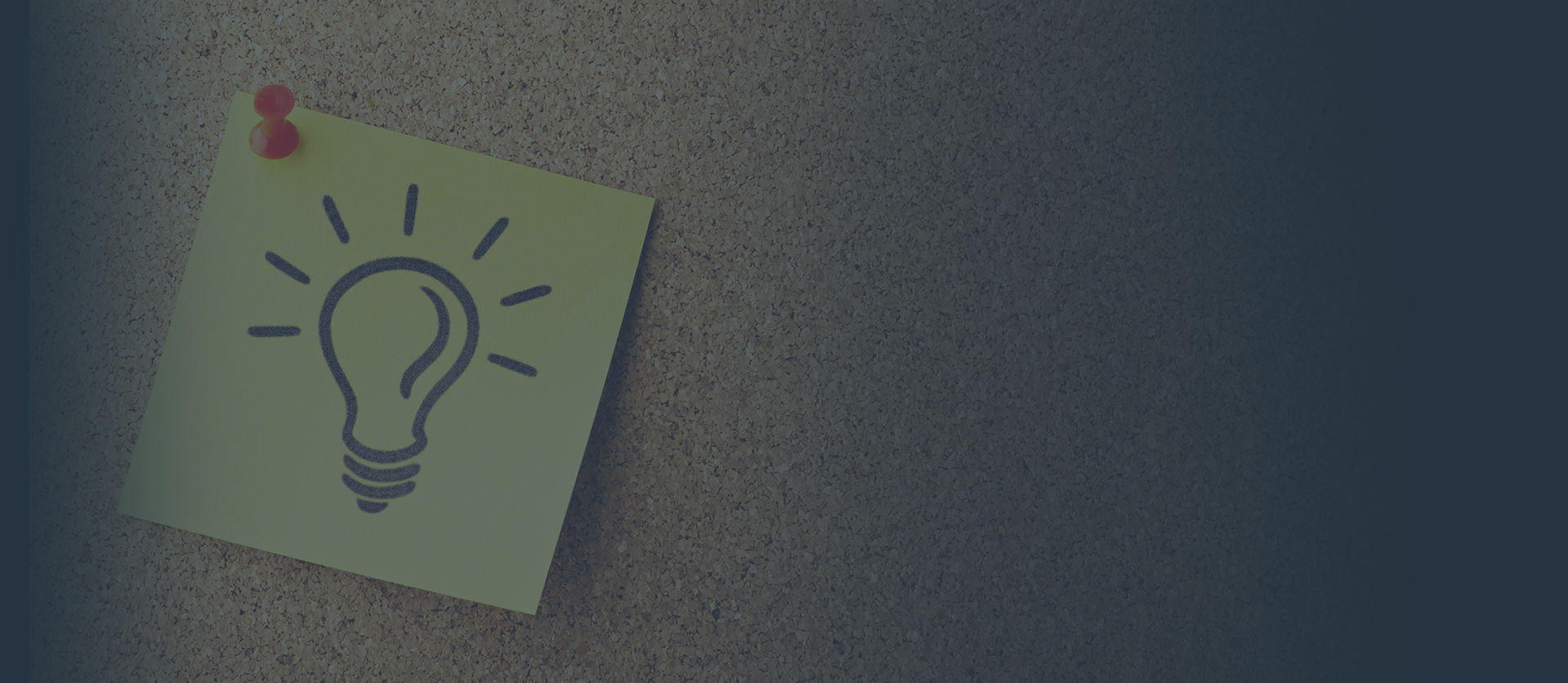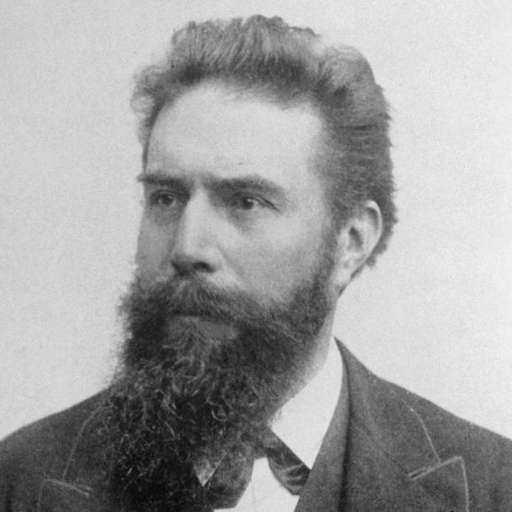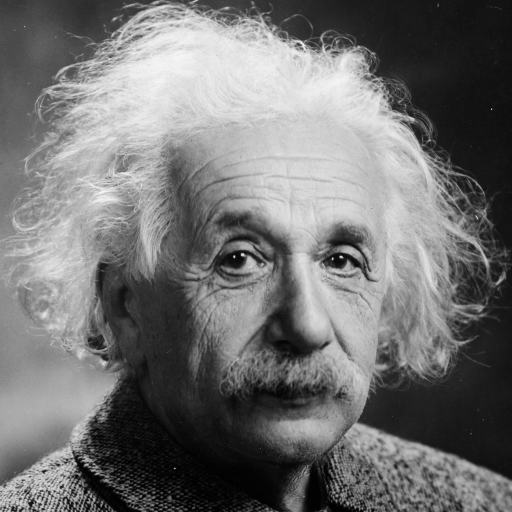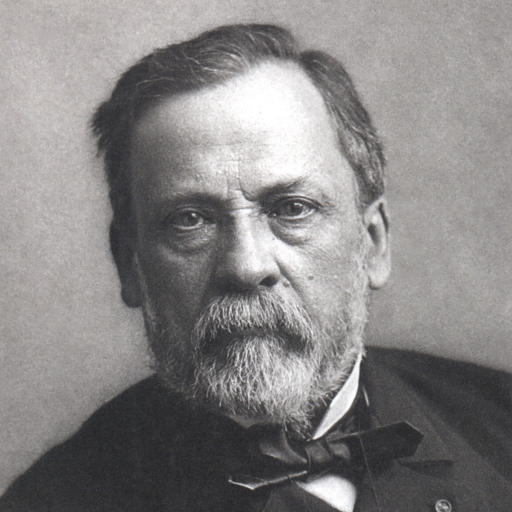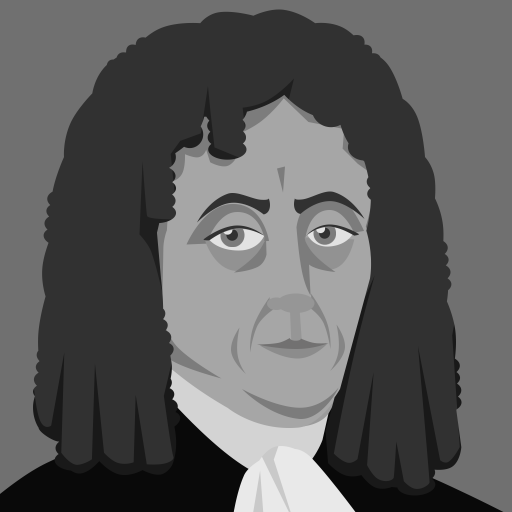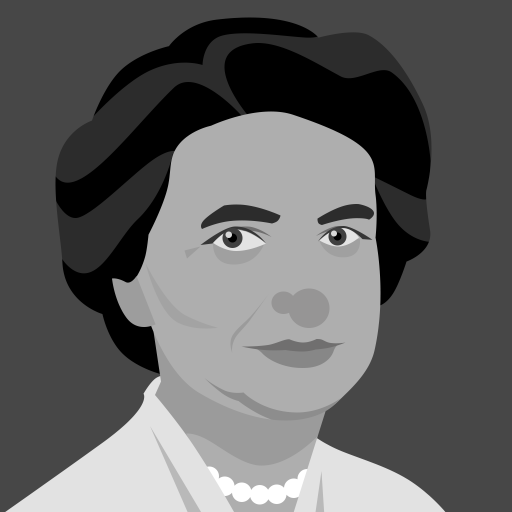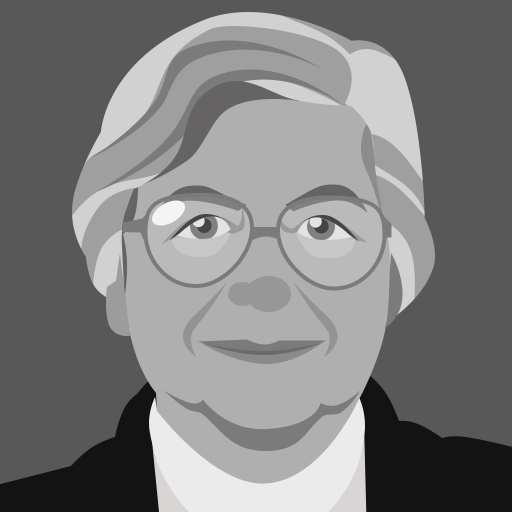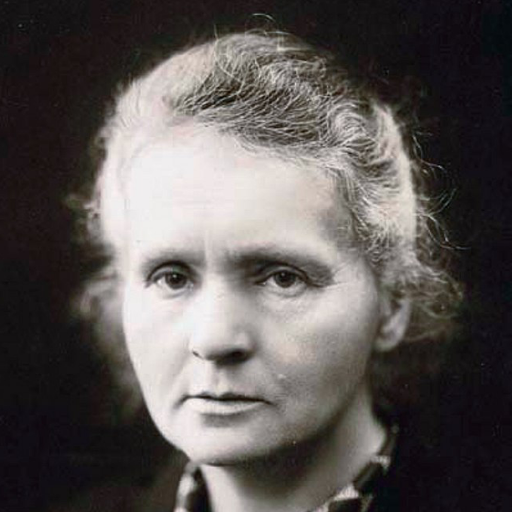Match the scientists with their discoveries.
- Učenik nakon slušanja zvučnog zapisa o otkriću penicilina pokazuje razumijevanje rješavanjem zadataka dopunjavanja rečenica.
- Učenik nakon slušanja zvučnog zapisa o odabiru poslova pokazuje razumijevanje rješavanjem zadataka odabira riječi i rečenica.
1 Matching
2 Listening
Listen to a reporter talking to a scientist about the accidental discovery of penicillin. Put the missing sentences into the text. Listen again and check your answers.
REPORTER: Welcome to Teen science. Our guest today is doctor Kumar who will answer some questions about the discovery of penicillin. Doctor Kumar, thank you for joining us today.
DOCTOR: Thank you for inviting me and greetings to all young scientists who are listening to us today.
REPORTER: Doctor Kumar, why was the discovery of penicillin so important?
DOCTOR: The discovery of penicillin was important because it gave doctors an effective way to treat bacterial illnesses. Before Alexander Fleming's discovery of penicillin, bacterial infections often caused life-altering effects and death.
REPORTER: How does penicillin work? Tell us something about the discovery.
DOCTOR: Penicillin has the ability to kill or cease the growth of bacteria by preventing new cell walls from developing. The drug was introduced in the 1940s and brought about a medical revolution. Alexander Fleming accidentally discovered penicillin in the 1920s by examining his Petri dishes containing staphylococcus. One dish was littered with the bacteria, except for one spot that contained mold. The mold was later identified as penicillin. He continued to perform studies with the mold and found that it did indeed kill certain bacteria. He published his findings in 1929.
REPORTER: What happened after the discovery? How was penicillin tested?
DOCTOR: Scientists began testing the penicillin mold on lab rats and eventually on human participants. One man contracted a severe infection from a scratch on his face. He was given a penicillin injection and improved. However, the supply ran out, and he died. Other patients were tested with the drug and completely recovered. After World War II, scientists could produce the drug more easily, and it was made available to various pharmaceutical companies, and many lives were saved as a result of Alexander Fleming's accidental discovery.
1. One dish was littered with the bacteria, except for one spot that contained mould.
2. However, the supply ran out, and he died.
3. Before Alexander Fleming's discovery of penicillin, bacterial infections often caused life-altering effects and death.
3 Listening II
Now listen to five students talking about their future career choices. Then match these jobs with the descriptions from the text.
SPEAKER 1: Like many other people, I became interested in archaeology when we were studying about ancient Egypt in school. It was really fascinating and I spent hours every day reading about the mummies, the Pharaohs and the pyramids. Then I decided I wanted to know more about those times and the people who lived there.
SPEAKER 2:The first time I went scuba diving, I was so amazed with the underwater world that I immediately made the decision to dedicate my life to exploring oceans, help protect the marine life and collect evidence about global warming. I genuinely love my job and I hope that my efforts will make a difference.
SPEAKER 3: I was always interested in living processes around us and I wanted to protect them by doing research into climate change and new energy sources so I have decided to become an ecologist to study different ways of protecting the animals, the plants and the environment. I think that this is a very important job that will change the future of our planet.
SPEAKER 4: Although none of my family members have anything to do with science, ever since my secondary school Chemistry teacher gave me a book about science, I knew what I wanted to do in the future. I saw that people were making new discoveries and were finding new cures for serious illnesses and I decided that I really wanted to be a chemist.
SPEAKER 5: As long as I can remember, I had different interests and I was asking my parents the difficult questions about the universe, about how things work and how we got here. I love doing experiments and finding logical explanations for problems, so I don't think that I have any real choice, I was born a physicist and I will dedicate my life to that.
4 Listen again
Listen to the text again and choose what each speaker wants to do in the future.
SPEAKER 1: Like many other people, I became interested in archaeology when we were studying about ancient Egypt in school. It was really fascinating and I spent hours every day reading about the mummies, the Pharaohs and the pyramids. Then I decided I wanted to know more about those times and the people who lived there.
SPEAKER 2: The first time I went scuba diving, I was so amazed with the underwater world that I immediately made the decision to dedicate my life to exploring oceans, help protect the marine life and collect evidence about global warming. I genuinely love my job and I hope that my efforts will make a difference.
SPEAKER 3: I was always interested in living processes around us and I wanted to protect them by doing research into climate change and new energy sources so I have decided to become an ecologist to study different ways of protecting the animals, the plants and the environment. I think that this is a very important job that will change the future of our planet.
SPEAKER 4: Although none of my family members have anything to do with science, ever since my secondary school Chemistry teacher gave me a book about science, I knew what I wanted to do in the future. I saw that people were making new discoveries and were finding new cures for serious illnesses and I decided that I really wanted to be a chemist.
SPEAKER 5: As long as I can remember, I had different interests and I was asking my parents the difficult questions about the universe, about how things work and how we got here. I love doing experiments and finding logical explanations for problems, so I don't think that I have any real choice, I was born a physicist and I will dedicate my life to that.
Speaker 1:
Speaker 2:
Speaker 3:
Speaker 4:
Speaker 5:
5 Complete the questions
Fill in the missing words in the statements about the students from exercise 3. Listen to the text again if needed.
wants to collect about global warming.
wants to make new and find new .
loves doing .
spent reading about the mummies.
wants to do into climate change and new energy sources.
6 Listening III
Listen to Mark talking about his job and complete the gaps in the text with the correct answer. On the last line write what Mark's job is.
Since I was a child, I have always lived for summer when I went to the seaside with my parents. I would always spend the entire day in the sea, looking for the small animals living there.
Five years ago I first went scuba diving and I saw a little fish swimming away from me into the distance, I immediately thought that I want to explore seas and oceans, to collect evidence about global warming and help other scientists to protect marine life. I really love my job and I could never be anything else but a marine biologist.
